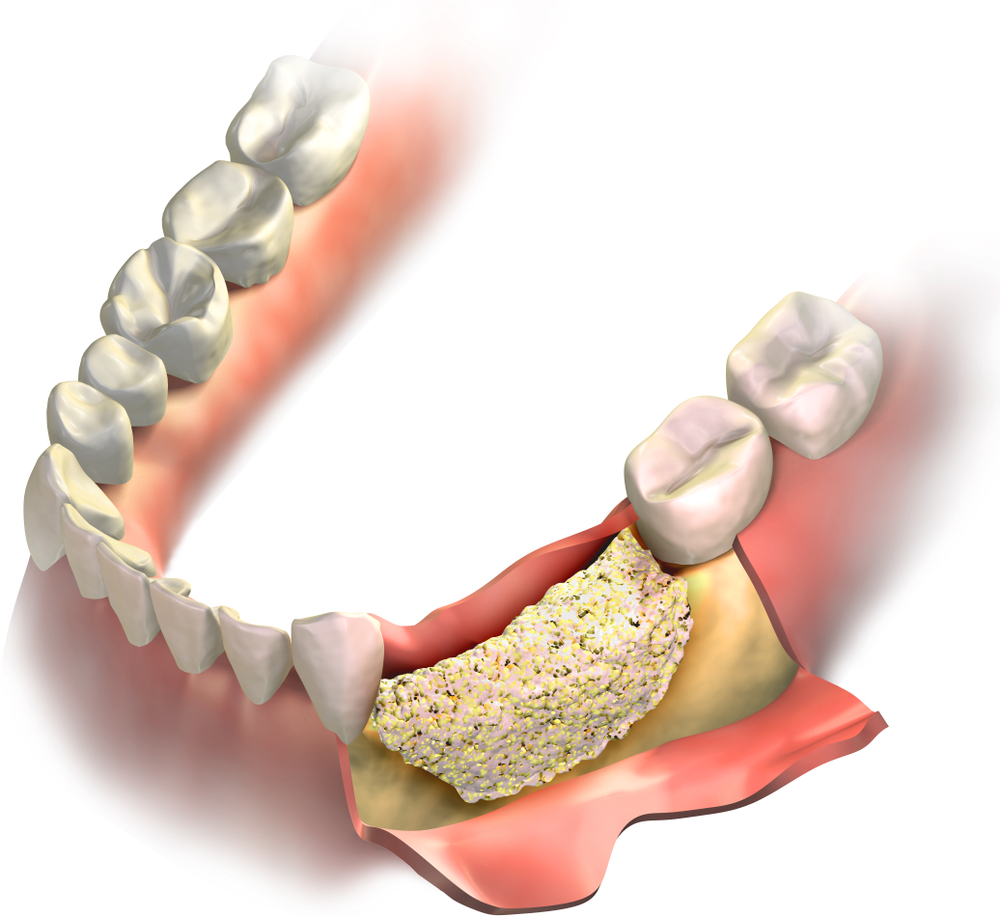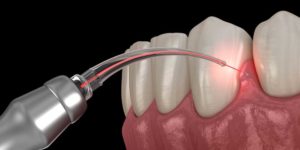Prior to undergoing dental implant surgery, your dentist will ensure you are eligible for the procedure by checking the strength of your jaw bone, and if your gums are not receding. This is imperative before the procedure begins, because without proper strength, the implant will not be as successful as possible.
Dental implant surgery is very effective if your jawbone and gums have the proper strength. Bone and soft tissue grafting will make sure you have the proper strength, to have your dental implant surgery be prosperous.
Bone Grafting
Bone grafting is very important to ensure you have a healthy foundation for your dental implants. The bone grafting procedure involves removing bone from areas such as the chin, and planting it in the affected area. The bone will fuse, and create a strong base.
If you choose to not have your bone removed, but need to have bone grafting prior to your implant surgery, your doctor may suggest using bone from a non-human or human source. The donor bone used will then fuse to create the strength in the jaw.
Soft Tissue Grafting
The other option you may need to undergo is soft tissue grafting. This grafting procedure will allow a good base for your teeth, as the gums are the structure for holding your teeth in place. Soft tissue grafting is essential if you have a receding gum line. If your gums are receding, more of the tooth will be exposed, which creates a susceptible area for decay and gum disease.
After these procedures are completed, the dental implant will be placed. Once the titanium rod is secured in the jaw bone. Your jaw bone will then grow into the surface of the dental implant and will unite with it.
If dental implant surgery is the procedure for you, set up a consultation to speak with your dentist. During the consultation, your dentist will inform you if you need to go through bone grafting and soft tissue grafting. Once your condition is assessed, you will go through the steps following, and will be on your way to a successful implant surgery.





